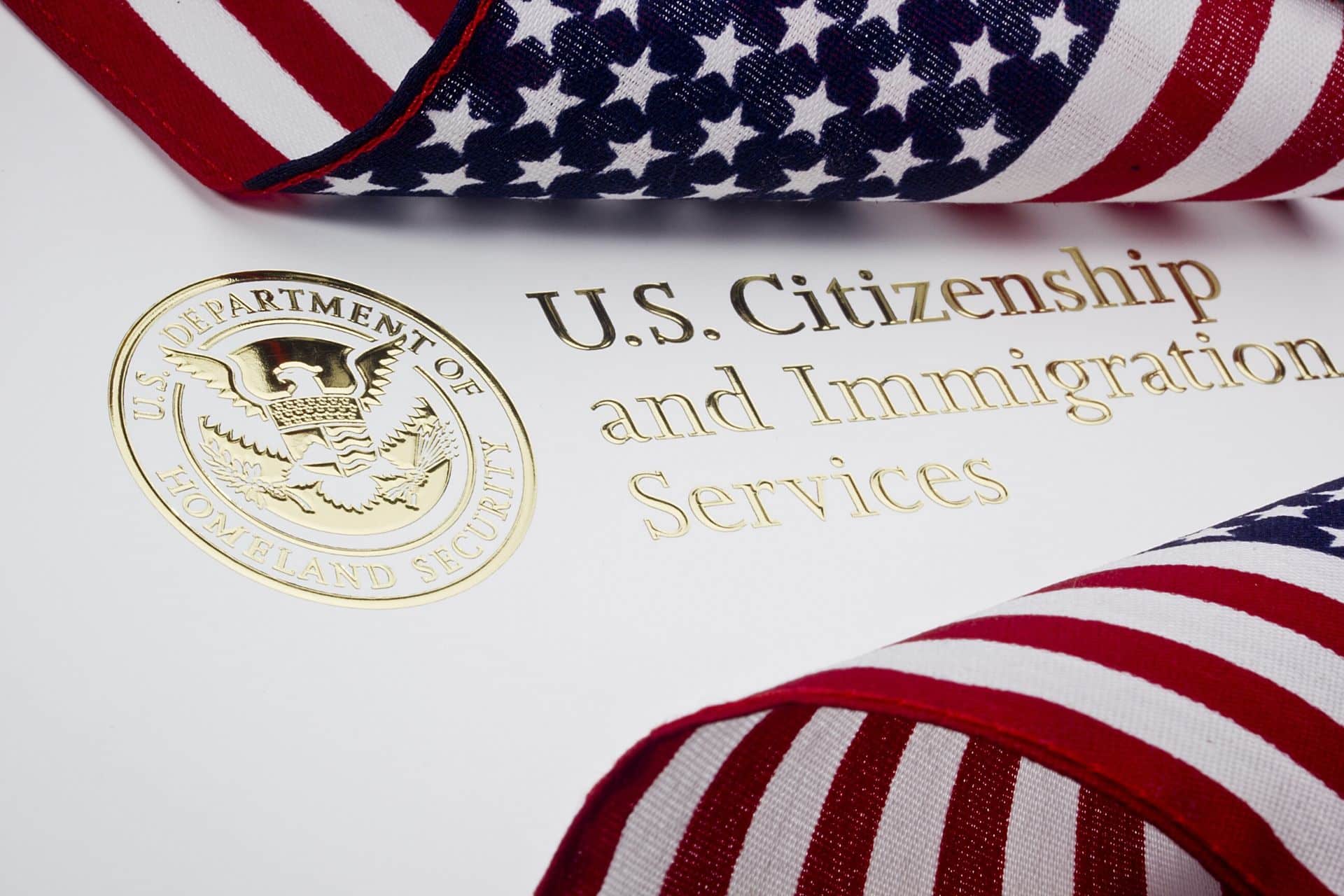
U.S. Citizenship and Immigration Services (USCIS) has recently revised its premium processing fees, a move influenced by the inflation trends over the past two years. This post aims to provide clarity on these changes and how they could affect individuals and entities dealing with immigration processes. Read on and reach out to the Lightman Law Firm to learn more.
Adjustments in Premium Processing Fees
USCIS, under the Department of Homeland Security, has recalibrated the fees for premium processing of immigration documents. This change, effective from February 26, 2024, reflects the inflationary adjustments based on the Consumer Price Index for All Urban Consumers (CPI-U) from June 2021 through June 2023. Consequently, the fees have seen a notable increase across various categories:
The fee for premium processing has risen from $1,500 to $1,685, $1,750 to $1,965, and $2,500 to $2,805, depending on the specific immigration service being expedited.
Understanding the Premium Processing Service
Premium processing is an optional service provided by USCIS, allowing for expedited processing of specific immigration forms. This service is available for an additional fee over the standard processing costs. Forms eligible for this service include:
- Form I-129 (Petition for a Nonimmigrant Worker)
- Form I-140 (Immigrant Petition for Alien Workers)
- Form I-539 (Application to Extend/Change Nonimmigrant Status)
- Form I-765 (Application for Employment Authorization)
Effective and Compliance Dates
The revised fees take effect from February 26, 2024. For applications postmarked on or after this date, the new fees must be included.
Purpose of Fee Adjustment
The adjustment in fees aims to align the costs of premium processing with the current economic climate, ensuring the service’s sustainability. These funds are critical for USCIS to maintain efficient processing standards, improve adjudication processes, reduce processing backlogs, and overall, enhance the service quality provided to applicants.
Implications for Applicants
Applicants utilizing the premium processing service should be prepared for these increased fees. It’s essential to factor in these changes when budgeting for immigration-related expenses. Failure to comply with the new fee structure may result in processing delays.
Staying informed about these changes is crucial for anyone engaging with the USCIS, especially for time-sensitive immigration matters. Understanding these fee adjustments can help in better planning and preparation for the immigration process.
For further assistance or inquiries, please don’t hesitate to contact a seasoned New York City immigration attorney from the Lightman Law Firm.